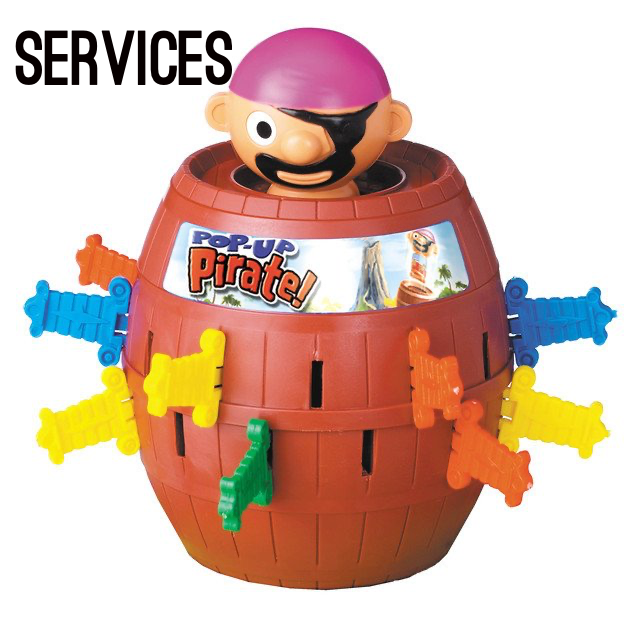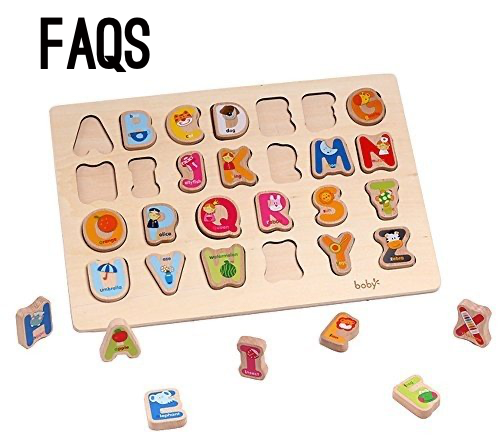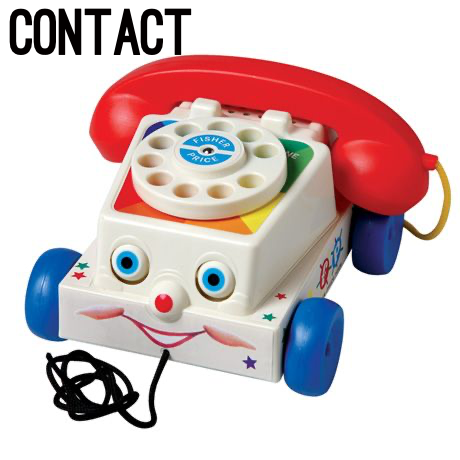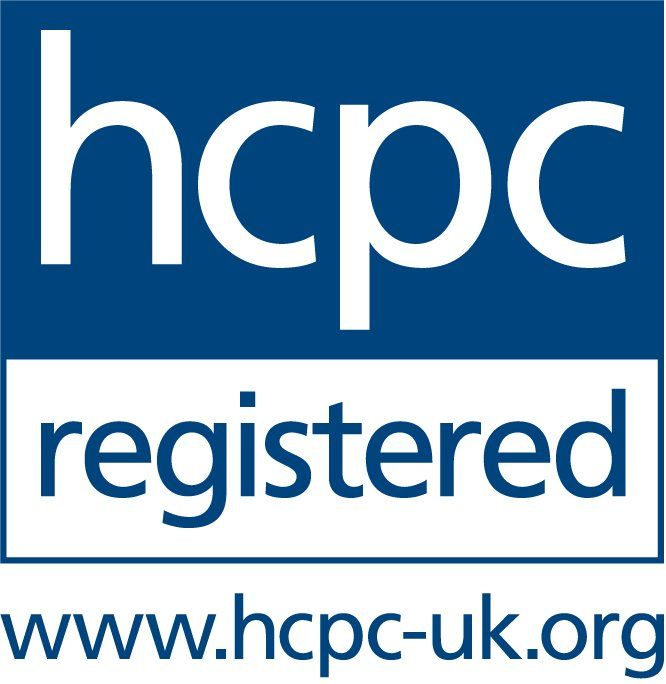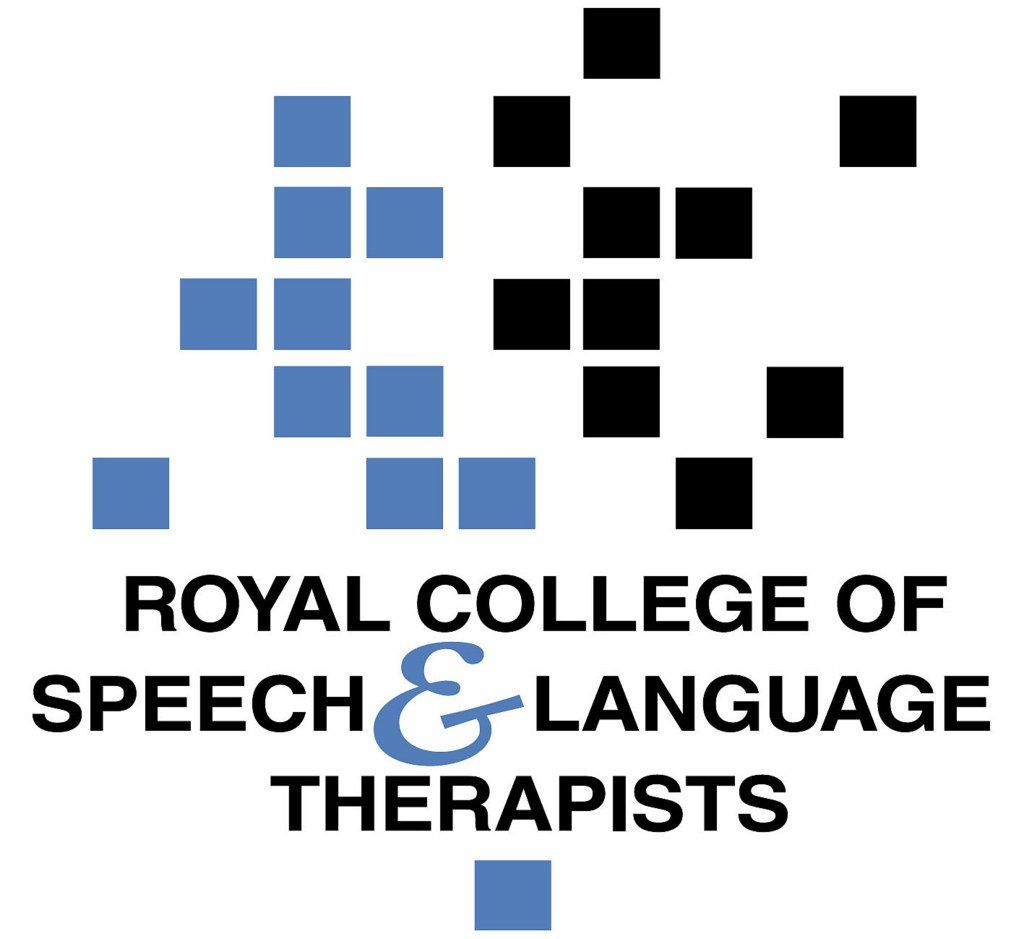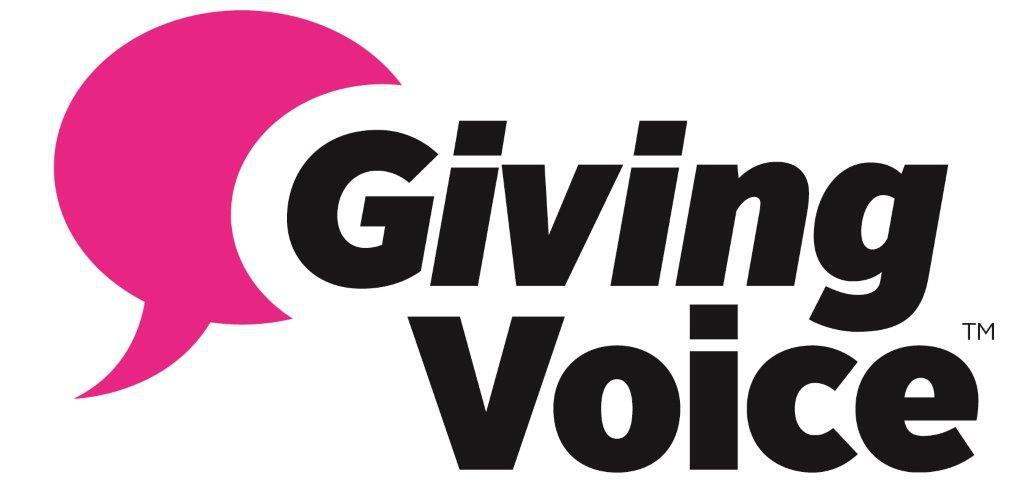Further information for parents, carers and teaching staff:
How do I know my speech and language therapist is registered?
- This can be confirmed by visiting the Health and Care Professions Council (HCPC) website and searching for the name of your therapist. All practicing therapists must be registered with HCPC.
Can I still see an independent therapist whilst waiting to see an NHS therapist?
- We are able to provide assessment and input if required while you are waiting for your NHS appointment. You can then take up your NHS appointment when it comes and either continue solely with NHS input, or if you wish to continue with both, we can work collaboratively with your NHS Speech and Language Therapist. Alternatively you can opt out of NHS provision altogether.
- If you are already seeing an NHS Therapist and wish to supplement their input with our services, please ensure you let us and your NHS therapist know of each other’s involvement so that we can work together, collaboratively.
Is private/ independent speech and language therapy better than NHS therapy?
- NHS and independent speech and language therapist's skills should be comparable as all clinicians hold equivalent qualifications and are bound by the same clinical guidelines. However, the benefit of independent therapy is reduced waiting times and an increased regularity of appointments at a time and location that is convenient for the client.
Do I need a referral from my GP?
- No, you can refer your child to us yourself – please see our contact page for further information.
What can I expect from the initial assessment?
- The initial assessment will give you the opportunity to discuss any concerns you have regarding your child’s speech, language, and communication skills.
- The Speech and Language Therapist will observe your child during a range of activities to gather further information (e.g. how they following information/ instructions, how they communicate their wants/ needs and express themselves, how they play, initiate and engage in tasks).
- The Speech and Language Therapist will be looking at a wide range of communication skills including:
- Attention and listening skills
- Play and social interaction skills
- Understanding of language (receptive language skills)
- Use of language (expressive language skills) and other means of communication (gesture, signing, pointing)
- Speech sound development (phonology)
- Following the session the Speech and Language Therapist will discuss their findings with you and will provide information as to what they recommend to happen next.
- Depending on the initial assessment choice requested a report may be generated and distributed containing recommended strategies and intervention targets.
- Written consent must be obtained prior to the initial assessment for your child to be seen within a nursery or school setting.
How can I prepare for the first session?
- The session will include a case history where you will be asked about any concerns you may have regarding your child’s communication skills. Please try to complete the questionnaire prior to the appointment however if this is not possible then this can be completed during the session.
- Please bring along notes or questions if you feel this may be helpful, particularly if you have concerns regarding specific speech sounds. It would be helpful if you could make note of words or sounds that your child finds difficult to say.
- If your child can be shy it may be beneficial to have motivating toys ready or to inform the therapist if there are any toys or activities they are particularly motivated by. It is also very helpful for families to have videos of their child communicating so that further information can be gathered to contribute towards the session.
- Please let the therapist know if you need to cancel or change the appointment as soon as possible.
- Please bring the questionnaire and the consent form signed and completed to the appointment with you.
- You may wish to arrange childcare for siblings if you think they may become a distraction in the session!
Where will my child be seen?
- At your home, in nursery or at school - sometimes it is useful to see a child in more than one setting to assess how they are coping in different situations. We can discuss which may be most suitable for your child.
Can I watch therapy sessions?
- Being the key person involved in your child's day to day life you are key to helping them develop their communication skills. If we see your child in school, you are very welcome to come in and watch if school are able to facilitate thus, but we will always email you after a session with a summary of what we have done and ideas for the week and are contactable by phone or email between sessions to address any queries that you may have. Sometimes a parent being present can distract a child and affect their routine, so this may be something you might wish to think about when making your decision.
Do you liaise with teaching staff?
- Definitely. We encourage school staff to be involved in therapy sessions as much as possible so that activities can be continued across the week, and should this not have been possible will provide feedback and strategies to staff to help the child generalise the work they’ve been doing in sessions into their communication in the classroom.
What if I want to cease Speech & Language Therapy treatment for my child?
- You can discontinue your child's Speech and Language Therapy care at any point – please inform us if you wish to do so. If the therapist considers there to be any risk in withdrawing intervention this will be discussed with you to allow you to make an informed decision.
As a school, can we employ your services?
- Yes. We are able to see children in schools for assessments, individual and group therapy and offer training for your staff. When seeing a child for specific assessment a quiet, distraction free environment with an available LSA will be required.
Helpful resources and websites
There is an abundance of information online regarding speech, language and communication development however it is important that the information sourced is based on a current evidence base and literature. We have made a list of helpful websites for families to gather further information regarding communication that may be of benefit:
- Association of Speech and Language Therapists in Independent Practice (ASLTIP)
- Health and Care Professions Council (HCPC)
- Royal College of Speech and Language Therapists (RCSLT)
- I CAN the children's communication charity
- Talking Point
- Communication Trust
- Afasic
- British Stammering Association
- Nuffield Dyspraxia
- Makaton

